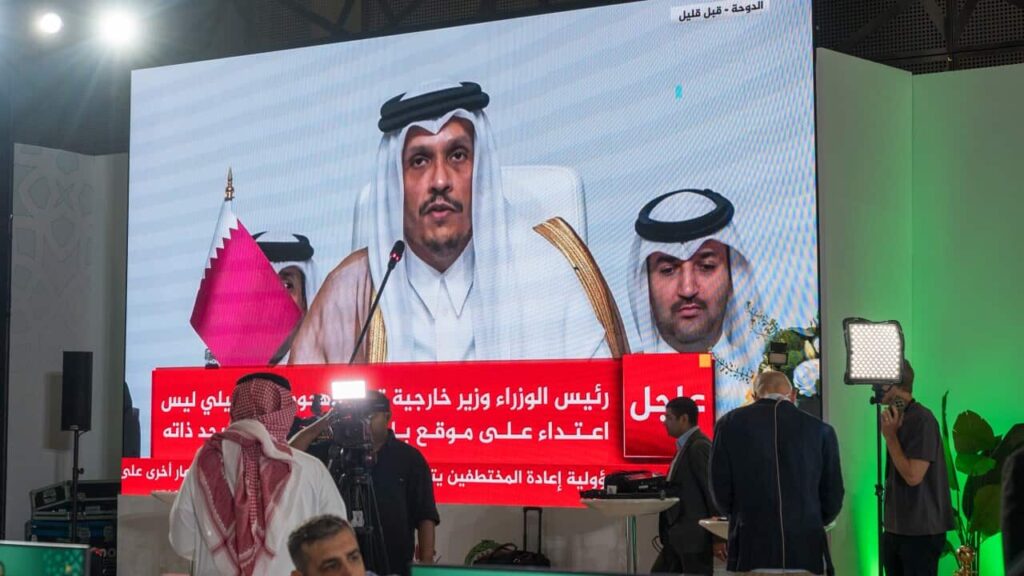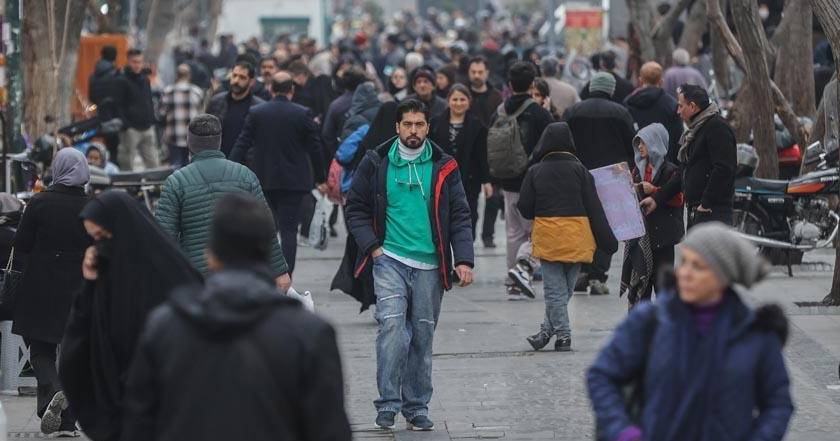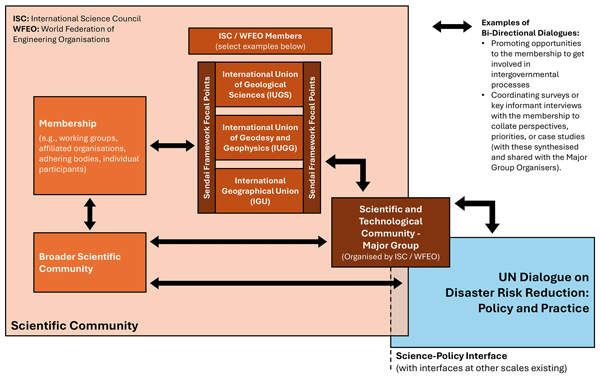
Qatar has called on the global community to reject “double standards” and hold Israel accountable following an unprecedented strike on Doha last week. The attack, which targeted Hamas members, has prompted Arab and Islamic leaders to convene in Doha, urging unity and increased pressure on Israel’s actions.
Qatar’s Prime Minister, Sheikh Mohammed bin Abdulrahman Al Thani, emphasized the need for international accountability on the eve of an emergency summit. The meeting, organized in response to the Israeli strike, aims to address the repercussions of the attack that resulted in the deaths of five Hamas members and a Qatari security officer.
International Reactions and Diplomatic Tensions
The strike has sparked a wave of international criticism, including from U.S. President Donald Trump. Despite a rebuke, Trump dispatched Secretary of State Marco Rubio to Israel in a show of support. “Qatar has been a very great ally. Israel and everyone else, we have to be careful. When we attack people, we have to be careful,” Trump remarked, highlighting the delicate balance in U.S. foreign relations.
The emergency summit serves as a demonstration of unity among Gulf countries, seeking to apply more pressure on Israel, which faces growing calls to end its military actions and address the humanitarian crisis in Gaza. Sheikh Mohammed stated,
“The time has come for the international community to stop using double standards and to punish Israel for all the crimes it has committed.”
Summit Objectives and Regional Dynamics
The summit, attended by leaders such as Iranian President Masoud Pezeshkian, Iraqi Prime Minister Mohammed Shia al-Sudani, and Turkish President Recep Tayyip Erdoğan, aims to draft a resolution condemning the Israeli attack on Qatar. Palestinian Authority President Mahmoud Abbas also arrived in Doha to participate in the discussions.
Elham Fakhro, a fellow at Harvard’s Middle East Initiative, anticipates that Gulf states will leverage the summit to urge Washington to “rein in Israel” and seek stronger U.S. security guarantees.
“They will also seek stronger US security guarantees, on the basis that Israel’s actions expose the inadequacy of current assurances and have undermined US credibility as a security partner,”
she noted.
Expert Opinions and Historical Context
Middle East lecturer Karim Bitar from Sciences Po University in Paris described the summit as a “litmus test” for Arab and Muslim leaders. He emphasized the need for a significant signal to both Israel and the United States, reflecting the frustration of many constituents with traditional diplomatic responses.
“What they are expecting today is that these countries … send a very important signal not only to Israel but also to the United States that time has come for the international community to stop giving this blank cheque to Israel,”
Bitar stated.
Responses from Israel and the United Nations
Israel defended the strike, stating it targeted Hamas leaders in Doha. The United Nations Security Council condemned the attack, with a statement emphasizing the importance of de-escalation and expressing solidarity with Qatar. The council’s statement, supported by all 15 members, including the United States, underscored the sovereignty and territorial integrity of Qatar.
Qatar, hosting the largest U.S. military base in the region, plays a crucial mediation role in the Israel-Hamas conflict, alongside the United States and Egypt. The diplomatic dynamics are further complicated by Qatar’s strategic position and its alliances.
Looking Ahead: Potential Outcomes and Implications
The summit’s outcomes remain uncertain, with key regional players like Saudi Arabia’s Crown Prince Mohammed bin Salman yet to confirm attendance. However, the gathering represents a significant effort to unify Arab and Islamic nations in response to Israeli actions.
Hamas political member Bassem Naim expressed hope for a “decisive and unified Arab-Islamic position” and called for “clear and specific measures” against Israel. The international community watches closely as the summit unfolds, with potential implications for regional stability and future diplomatic engagements.
As the situation develops, the world awaits the summit’s resolutions and the international community’s response to Qatar’s call for action against Israel. The implications of this diplomatic gathering could shape the geopolitical landscape in the Middle East for years to come.





